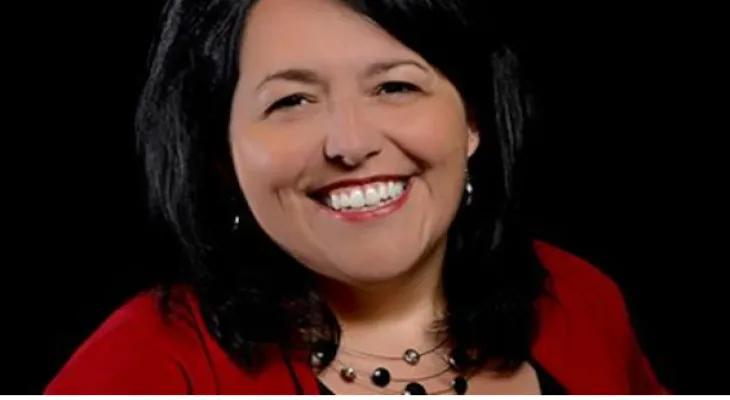Search here
Newspaper
Search here

Arab Canada News
News

Published: March 9, 2024
A new report issued by the Quebec Municipalities Union reveals an increase in the number of women elected to municipal councils, but also an increase in harassment, psychological harassment, or even intimidation of elected officials.
Since 2017, the number of women elected as presidents and members of municipal councils in the predominantly French-speaking province has risen by about 7%, so that nearly 40% of the members of these councils are now women.
The percentage of women elected as mayors has also increased by 6%. A woman heads nearly a quarter of the municipalities (23.6%) in Quebec. In the last municipal elections, five major cities elected a woman: Montreal, Longueuil, Gatineau, Sherbrooke, and Saguenay.
“It is a strong wind of change,” as described by the mayor of Saint-Majorique-de-Grantham, Lyn Fréchette. In her municipality, four out of six council members are women.
Fréchette says that during her first term, when her council was mostly male, the priorities were not the same as they are now with female advisors around the table.
“We no longer talk about asphalt,” the spokesperson adds. “Today, we talk about the welfare of the city’s residents and the healthy habits that should be followed in life.”
On her part, the mayor of Saint-Jean-Baptiste, Marilyn Nadon, points to the equality existing between her and the six male members of her municipality.
Marilyn Nadon, who also serves as chairwoman of the Women in Municipal Politics Committee at the Quebec Municipalities Union, sees the challenges increasingly shared with men.
Finding balance between family life and municipal position
The Quebec Municipalities Union report points to growing dissatisfaction with the balance between work and family, regardless of gender.
Forty percent of men say they face difficulties reconciling their family life with their municipal work.
The report, which surveyed 615 elected officials, indicates that this matter may contribute to the increasing trend of women being elected.
Lyn Fréchette says, “There are more young people in politics. Most of them have young children,” and points out that elected officials in small municipalities often hold another job alongside their municipal work.
Psychological harassment and intimidation more present
The report indicates that psychological harassment is not only more present than before in the lives of elected officials, but also remains the issue most frequently highlighted by respondents.
More precisely, 39% of them say they have experienced a harassment incident at least once in their political life. This percentage was 28% in 2017.
According to the report, young elected officials and mayors are the most likely to be exposed to such harassment.
Lyn Fréchette explains the complexity of satisfying all citizens, saying: “Citizens' patience has become less than it used to be, and they want immediate answers.”
On her part, Marilyn Nadon believes that citizens sometimes misunderstand the role of elected officials. She calls for more civic education in this regard.
The report points out that elected officials from small municipalities face more disputes with citizens as well as with their elected colleagues.
This reality reflects the decision of the mayor of a municipality in the city of Charleroi, with a population of 1,300, who recently announced his intention to resign from his position.
Pierre Trampley says: “You have to be mentally and psychologically able to face debates with both the municipal council and the citizens. Things have reached their limit, and I no longer have the strength to endure.” Trampley announced his resignation at the end of this month.
Comments